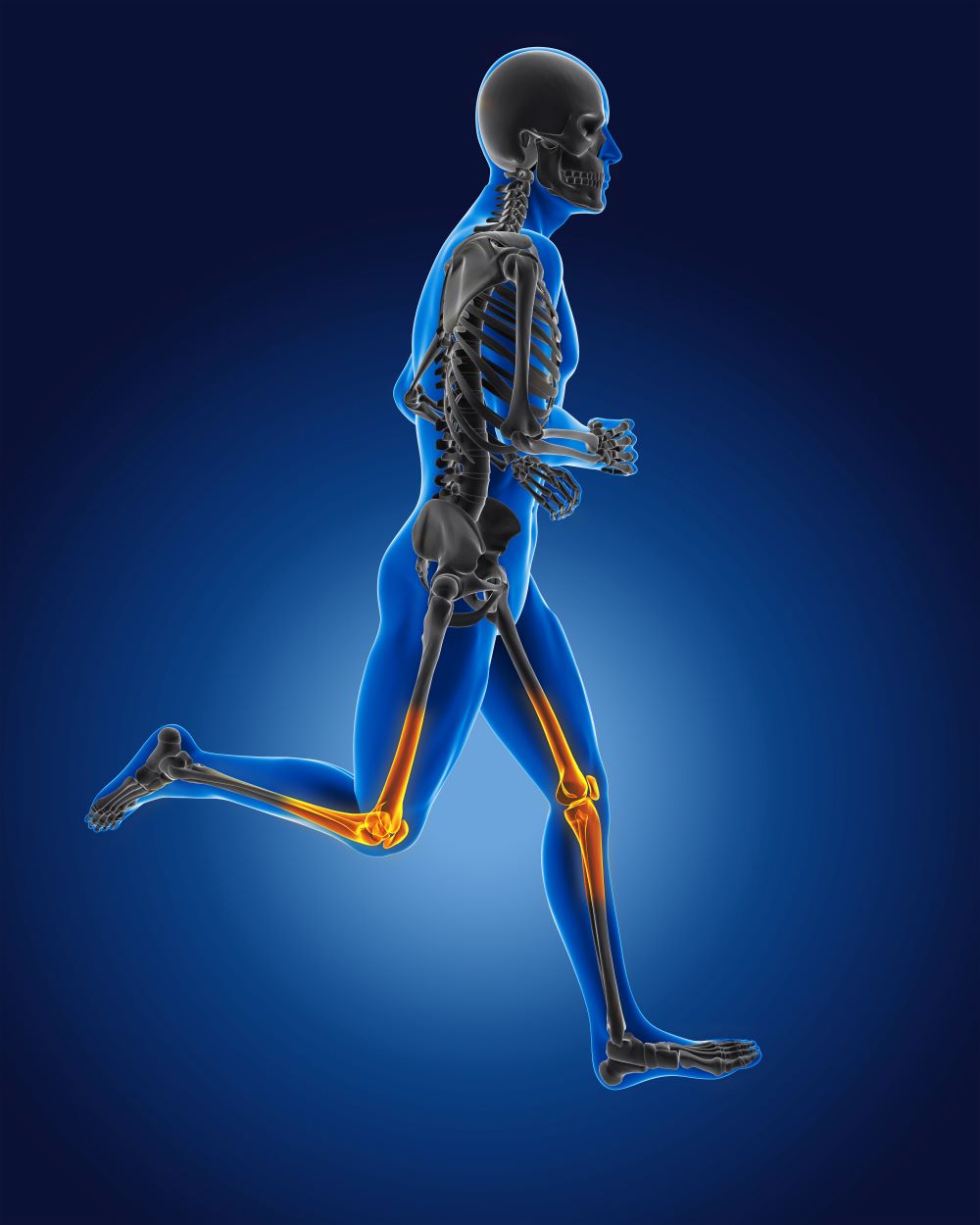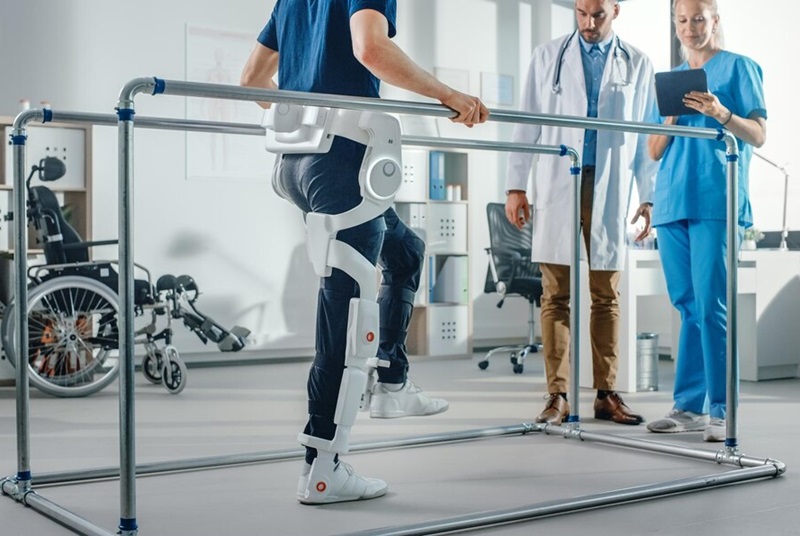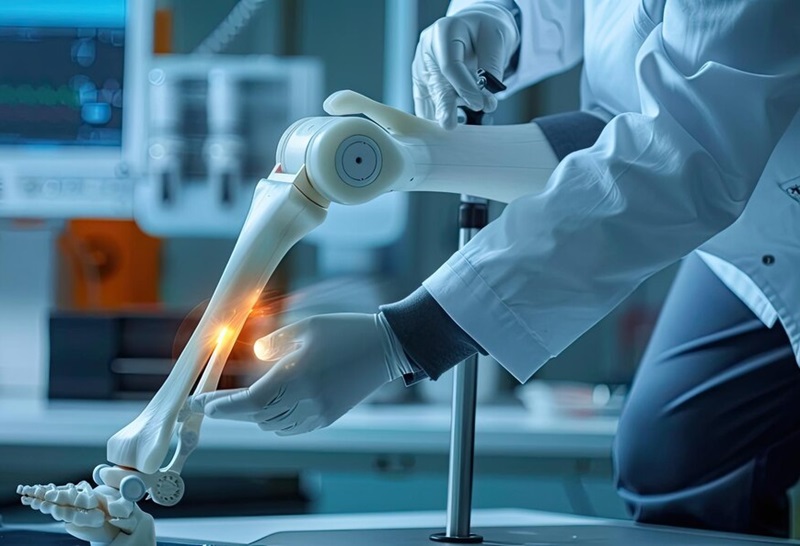Advancements in medical technology have revolutionized the field of orthopedic surgery, offering patients innovative alternatives to traditional procedures. Among these innovations, robotic knee replacement surgery has emerged as a promising option, raising questions about its potential benefits, including the speed of recovery compared to conventional methods. As more individuals seek effective solutions for knee problems, understanding the potential advantages of robotic knee replacement and its impact on recovery time becomes increasingly relevant.
In this article, we delve into the question: Is recovery time faster for robotic knee replacement? Exploring the latest research and insights, we aim to provide clarity on this topic and shed light on the potential implications for patients considering this advanced surgical approach.
Know 5 Points About Recovery Time Faster For Robotic Knee Replacement
The promise of a faster recovery after knee replacement surgery is enticing, especially when considering the pain and limitations associated with traditional surgery. Robotic-assisted knee replacement is gaining traction, touted for its potential to expedite the healing process. But is this claim based on solid evidence? Let’s delve into the realities of robotic knee replacement, exploring its impact on recovery and other crucial factors to consider.
Potential Advantages of Robotic Technology
Proponents of robotic surgery cite several benefits that could lead to faster recovery:
- Improved Accuracy: The robotic arm assists the surgeon in precisely placing the implant, potentially minimizing tissue damage and reducing post-operative pain.
- Smaller Incisions: Smaller incisions translate to less tissue disruption, potentially leading to faster healing and reduced pain.
- Faster Surgery: Shorter surgery duration can mean less blood loss and quicker recuperation.
Reality Check: Individual Factors Rule the Roost
While these advantages sound promising, faster recovery with robotic surgery isn’t a guaranteed outcome. Individual factors play a significant role in influencing your healing journey:
- Overall Health: Pre-existing conditions, muscle strength, and general health significantly impact recovery pace.
- Commitment to Rehab: Diligently following physical therapy is crucial for regaining strength and mobility, regardless of the surgical approach.
- Underlying Medical Conditions: Chronic illnesses can prolong recovery, irrespective of the surgical method.
Beyond Speed: Evaluating Other Benefits
Even if the recovery times don’t differ dramatically, robotic surgery might offer additional advantages:
- Reduced Pain: Precise implant placement could minimize post-operative pain and discomfort.
- Quicker Return to Daily Activities: Improved alignment and function might translate to faster resumption of routine activities.
- Enhanced Patient Satisfaction: Studies suggest some patients report higher satisfaction with robotic surgery.
Cost Considerations: Not Just About Speed
Robotic surgery often comes with a higher price tag compared to traditional methods. Be mindful of:
- Insurance Coverage: Not all insurance plans cover robotic-assisted surgery.
- Surgeon’s Experience: Opt for a surgeon proficient in robotic technology for optimal results.
- Individual Needs and Priorities: Choose the approach that best aligns with your budget, health status, and recovery goals.
The Verdict: It’s More Nuanced Than You Think
While robotic knee replacement holds potential for faster recovery, it’s not a universal guarantee. Individual factors, dedication to rehabilitation, and surgeon expertise play significant roles. Consult your doctor to discuss your specific situation and determine if robotic-assisted surgery aligns with your needs and expectations. Remember, the best approach is the one that optimizes your individual journey towards a pain-free and active life.
Conclusion
In conclusion, while robotic knee replacement surgery holds promise for improving surgical precision and outcomes, the evidence regarding its impact on recovery time remains inconclusive. While some studies suggest potential benefits in terms of reduced pain and faster recovery, others indicate comparable outcomes between robotic and traditional methods. It is essential to recognize that recovery time can vary depending on various factors, including individual patient characteristics, surgical technique, rehabilitation protocols, and post-operative care.
As research in this field continues to evolve, it is crucial for patients and healthcare providers to weigh the potential advantages and limitations of robotic knee replacement surgery carefully. Ultimately, the decision to undergo robotic knee replacement should be made in consultation with a qualified orthopedic surgeon, considering the patient’s specific needs, preferences, and expectations for recovery.
FAQs
What are the potential benefits of robotic knee replacement surgery?
Robotic knee replacement surgery offers the potential for improved surgical precision, accuracy, and alignment. This may result in better outcomes, reduced risk of complications, and potentially shorter hospital stays. Additionally, some patients may experience less pain and faster recovery compared to traditional methods.
How long does it take to recover from robotic knee replacement surgery?
Recovery time from robotic knee replacement surgery can vary from patient to patient. Generally, patients can expect to begin walking with the help of a walker or crutches within a day or two after surgery. Physical therapy and rehabilitation play a crucial role in the recovery process, with most patients achieving significant improvement in mobility and function within several weeks to months following surgery.
Are there any risks associated with robotic knee replacement surgery?
Like any surgical procedure, robotic knee replacement surgery carries certain risks, including infection, blood clots, and complications related to anesthesia. Additionally, there may be risks specific to robotic surgery, such as technical malfunctions or errors in surgical planning. It is essential to discuss potential risks and benefits with your surgeon before undergoing any surgical procedure.










